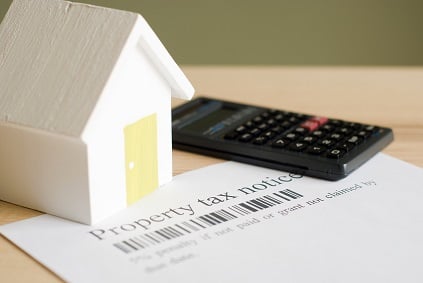Commercial property segment largely contributed to the volume

While multiple quarters have previously expressed fears that the Ontario Fair Housing Plan’s provisions might lead to a crippling slowdown in the red-hot Toronto real estate market, the city’s land-transfer tax managed to surpass expected earnings in Q1 2018 by approximately $30 million.
Despite a noticeable decline in residential property price growth and sales volume, the latest report from interim chief financial officer Joe Farag attributed the revenue to robustness stemming from “higher-than-anticipated non-residential market activity.”
Toronto collected $156 million from the tax in the first three months of the year, around 24% higher than the prediction of $126 million.
City officials remained confident that by the end of 2018, the tax will bring in $817 million in revenue, a similar volume compared to last year.
Read more: Bidding wars are back on Toronto’s menu – study
Budget chief Gary Crawford noted that the market should take a measure of reassurance from the numbers.
“Everybody said the sky was falling … but we are probably going to be fine,” Crawford told The Globe and Mail. However, Crawford also expressed belief that Toronto relies too much on such tax windfalls.
Councillor Gord Perks isn’t convinced by the numbers, and said that the earnings have just delayed a financial crisis by a year at most. He argued that the city’s strategy of using revenue from the housing market to keep property taxes “unrealistically low” is not a formula for long-term stability.
“Evidently, we caught a lucky break,” Perks stated. “But it seems to be a one-time lucky break. The fundamentals are still deeply worrisome.”
Related stories:
Toronto’s sellers aren’t panicking despite correction fears
Chinese demand for Toronto real estate on the rebound



